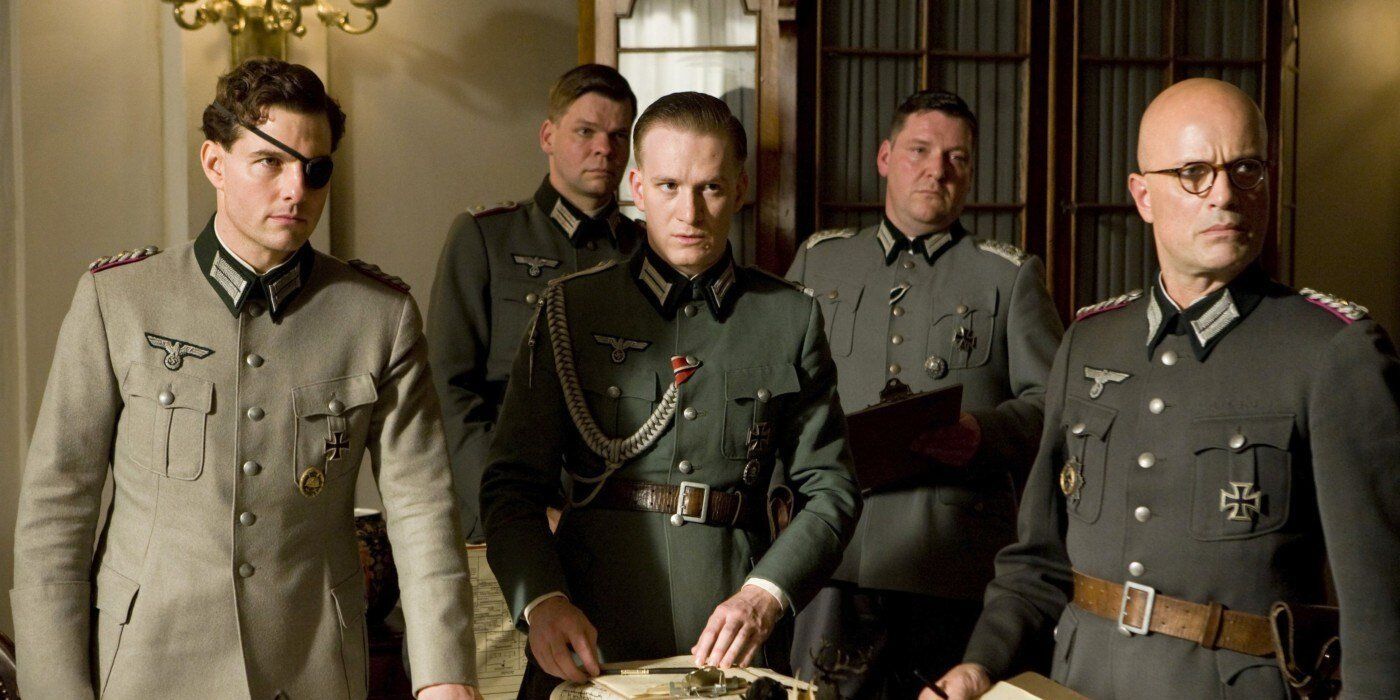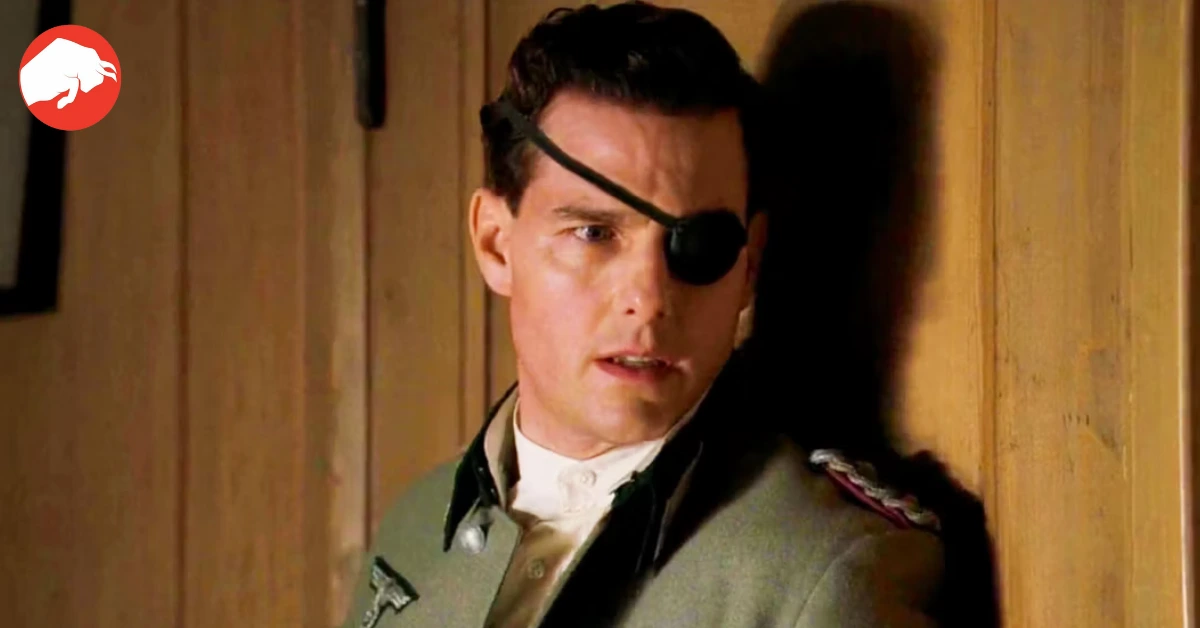The War Movie That Divides Historians and Moviegoers
Tom Cruise in military regalia, attempting to assassinate Adolf Hitler? It sounds like a gripping tale that would send audiences to the edge of their seats. That’s exactly what Bryan Singer’s 2008 thriller “Valkyrie” aimed to do. But how much of it was movie magic, and how much was historically grounded? NATO advisor and war historian James Rogers recently weighed in on the “History Hit” YouTube channel, declaring the film a “Hollywoodization of history.”
h2: James Rogers on ‘Valkyrie’s’ Liberties with History
Rogers didn’t mince words: “I’m not going to lie, this is not my favorite war film. It’s that Hollywoodization of history.” According to Rogers, the film takes considerable artistic liberties to ratchet up tension and entertainment value. He particularly focused on the film’s portrayal of Colonel Claus von Stauffenberg’s desperate assassination attempt against Hitler, saying, “So to say this is a tense moment is an understatement.”

The historian further elaborated on the climactic moments of the film: “And this is the climactic moment of the film where Hitler and his generals are in the Wolf’s Lair in Poland… This was the 20th of July Plot, one that was the perhaps the closest out of over 40 attempts on Hitler’s life… [Stauffenberg] thinks [Hitler] is dead, he thinks he’s done it. And soon enough he’ll find out that he hasn’t.”
h2: Hollywoodization, Star Power, and ‘Valkyrie’
So what exactly does Rogers mean by “Hollywoodization”? The term generally refers to the retooling of real-life events or stories to better fit Hollywood standards, which often means compromising on historical accuracy to add drama or star power. And speaking of star power, Tom Cruise—an American—was cast as the German lead, potentially as an aspect of this Hollywoodization to appeal to American audiences. As Rogers points out, “He ends up facing a makeshift firing squad and he’s killed for his crimes against Hitler,” a sequence more rooted in cinematic drama than historical fact.
h2: The Larger Issue: Hollywood’s Tricky Relationship with History
The phenomenon isn’t new or unique to “Valkyrie.” Consider Michael Bay’s “Pearl Harbor,” another example where spectacle trumped authenticity. Rogers’ critique is a part of a larger discussion about how Hollywood frequently simplifies complex figures like Stauffenberg, who was hardly a straightforward hero.

He turned against Hitler late in the war and had been well aware of the atrocities committed against Jewish communities. However, Hollywood often streamlines these intricacies, casting figures in roles of unequivocal good or bad. Rogers’ ultimate message? “‘Valkyrie’ is an entertaining flick starring one of Hollywood’s most compelling movie stars, but it should hardly be considered a highly accurate portrayal of real events and people.”
From Cruise’s portrayal to dramatic set pieces, “Valkyrie” offers a thrilling watch, but one that should perhaps be paired with a history book. While films like these entertain and spark interest in historical events, Rogers’ commentary stands as a reminder: always take Hollywood’s version of history with a grain of salt.









